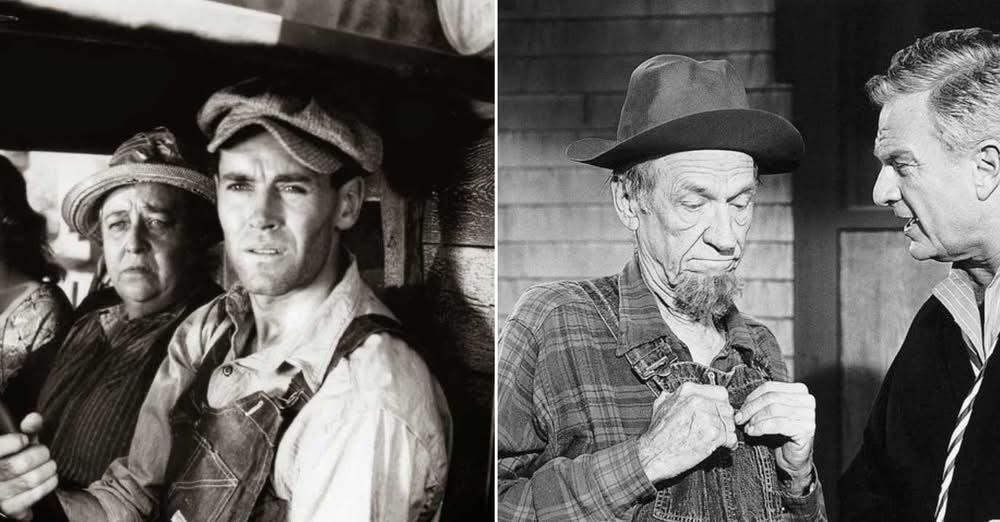When pop culture tries to portray agriculture
In an industry like moviemaking that’s full of tropes, farmers and ranchers aren’t often presented in a positive light.
Agricultural lifestyles aren’t the most picturesque of backdrops for the Hollywood limelight, nor are they mysterious enough for the gripping novel. Understandable. But whenever you see the entertainment industries try to portray the rural world, even when done with the best of intentions, there’s some clichés that are just so … oddly specific. Let me present my case.
The farmer is faced with a multi-pronged portrayal of his existence completely out of his control. Sometimes, society needs to draw him as a salt of the earth portrait that evokes feelings of patriotism, integrity, and simplicity. Other times, he needs to be reduced to the comical caricature, or just any grumpy old background figure, to establish the setting is small town America. Because you know, enthusiastic young folks of both genders just don’t fit the bill.
A classic story trope is one I like to call “stuck on the farm.” It’s where our hero is destined for incredible things, but they’re shackled to what’s apparently the most boring family business on the planet. Think of films like The Wizard of Oz (the ultimate moral of the story kind of makes this point moot, but it’s an early pioneer of this idea), Zootopia in 2016, Superman (particularly in 2014’s Man of Steel), At Any Price starring Zac Efron in 2012, and even the Star Wars saga, and there’s countless more.
Then there’s a phrase that gets to me, I know you’ve heard it in somewhere — “We’re/they’re just simple farmers!” When I think about a day in the life filled with futures markets, agronomy services, meticulous ration balancing, and operating machinery worth six figures “simple” just isn’t the first adjective to come to mind. For whatever reason, there’s this idea some of us are peasants stuck in 21st century serfdom.
One of my personal favorites is the cliché “save the family farm” archetype, especially common in the teen horse and Hallmark movie genres. There is a sad truth behind this one, particularly in today’s economy, but the portrayal is just so off. There’s usually some bizarre borderline magical solution, typically a heroic feat is to be accomplished or a convenient cash prize won. Then the family has just enough money to pull them out of their generic financial predicament.
For some reason, rural citizens are often synonymous with comic relief. This isn’t always necessarily a bad thing, Ma and Pa Kettle were pretty lovable as were the townsfolk of Hooterville. The question is just … why? Even for Kettle’s time in the 1950s when the rural population was significantly higher than it is today, it was rather ironic how the attractive oldest Kettle children married up and got out.
I’m not exaggerating — these stereotypes are pretty much everywhere. Even in my favorite YouTube series Honest Trailers, I was pretty disheartened to hear a line “… because no teenager in their right mind would ever want to be a (explicative) farmer!” in their Divergent satire video. Does the mainstream audience really have that hard a time believing some of us genuinely love what we do?
I’m still waiting for the Hollywood movement of strong characters with a proud agricultural background. One with a realistic gritty less-than-beautiful rural backdrop complete with the raw unedited blood, sweat, and tears. Women got more female leads, minorities got more ethnic diversity — isn’t it time for the agriculturalists to have a turn? Maybe it’s time I break out my pen and paper …
Article By : Jaclyn Krymowski is a recent graduate of The Ohio State University with a major in animal industries and minor in agriculture communications. She is an enthusiastic “agvocate,” professional freelance writer, and blogs at the-herdbook.com.

